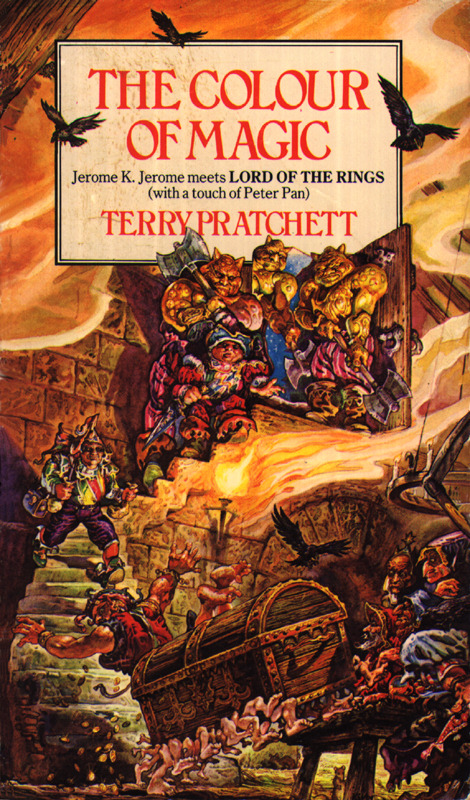So I originally watched "John Carter of Mars" starring Tim Riggins first, which is the only way I knew to pick up the series at Barnes and Nobles. The first book is titled, "Princess of Mars" and it is the first installment of the series "John Carter of Mars" by E.R.B. Apparently this is part of the pulp fiction movement in the 1960s.
John Carter is a confederate soldier, who after the war, ventured to Arizona to mine for gold. His associate travels back to the town to get supplies, but when John watches him leave, he notices other "spots" in the distance where his partner is traveling too. At first he leaves it be, but his guts propels him to go after his associate. He finds his associate dead and himself surrounded by Apache Indians. He runs away, finds a cave and hides.
Something, like an invisible force, comes over him and he is transported to Mars, or as the Green and Red men of Mars call it, Barsoom. It is a dying planet (mysterious machines provides the atmosphere), and Green men and Red men are all at war with each other.
John discovers that he can jump higher and hit harder due to the gravity on Mars, or, I'm sorry, on Barsoom. The Green men find him in an incubator full of just hatched Green babies, and takes him back to the Tharks.
Carter quickly rises from a prisoner to a chieftain after he demonstrates his prowess to the horde of Green men. He kills a few Green men, and he earns "metal" and titles. However, things abruptly changes when the Tharks shoot down the ships of Helium, and they capture the Princess of Helium, Dejah Thoris.
John Carter falls into, what do my students call it? A thirst trap. Dejah is also thirsty for Mr. Carter.
Ah, after looking up "thirst trap" in urban dictionary, I don't think I used "thirst trap" correctly. Ah well. Let's just say they are both single and ready to mingle. More action, more running around, and finally, every one ends up with their happy ending... until Edger Rice Burroughs realized that he should write more "Of Mars" books and get more money.
The first book in the John Carter of Mars series isn't the worst thing I ever read. One can definitely tell it was written in the 1960s, because there is some racist shit in there (where, you know, as of now, it's just subliminal racism so that white people can't pick up on it). First of all, John Carter is a
confederate soldier. I wouldn't be so alarmed by this fact except Burroughs also threw in there that he was a Virginia Gentleman and that when he went to visit his relatives, everyone adored him and
the slaves worshipped him.
Uh, what? He doesn't go that far to say that Carter owned slaves himself, but having slaves worship the guy as an example to show how awesome he is some racist shit.
THEN, when Carter is in the desert, Burroughs proceeds to characterized the Indians as "Braves" and to also revisit how violent they all were. When Carter escapes up the mountain into the cave, the Native Americans followed him. John Carter is held still on the ground by an invisible entity, and when the Natives venture into the cave, something scares them off.
Now, it could have been a huge scary monster and it would be natural for anyone to run away, but... Burroughs described it as some dumb brown person who wasn't brave enough to seek what was in the cave. Some more racist shit.
There is some sexist shit in that book too. There are two prominent women in the book: Sola and Dejah. Dejah is legit naked when John first meets her, except for the metal she is wearing covering her naughty bits. Sola, who grows up in a different way than the rest of the Tharks and is an outcast, is meek and loyal. Dejah and Sola need to be commanded for much of the book, and every time one of them makes a decision that is apart from John, John has to save them.
Finally, John Carter of Mars is the white motherfucking savior of both the Green and Red men of Barsoom. He teaches the Green men new fighting skills, how to tame animals (yes, really) and above all, about friendship (you read that right).
He ends the war between Red and Green men, and he gets the Princess in the end and becomes a Prince. He is highly regarded and in every scenario he is in, he figures a way out and saves the day.
I was bothered by the blatant racism, sexism and white male savior parts of the book. I did buy the entire series (don't worry, for a small price), so I will chug on to read the rest of the novels. I would invent a drinking game with how many racist things Burroughs wedges in there and how many times Carter bestows his superior whiteness over all others, but I'll be stinking drunk every night I read before going to bed.



